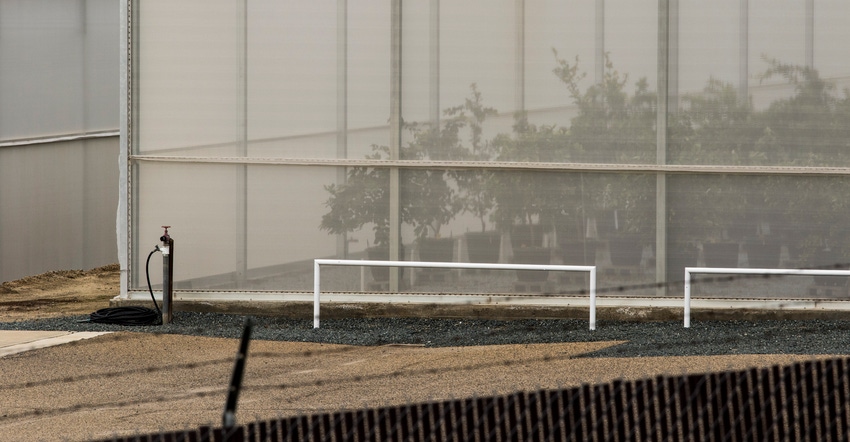
With the United States focused intently on COVID-19 issues amidst reported civil tensions in various U.S. cities, some are wondering why the ho-hum response by federal officials to the unsolicited seed deliveries to residents in all 50 states.
I asked that question last week after we reported on it in our various Farm Progress publications.
Agricultural representatives I spoke with this week, including local regulators and Farm Bureau representatives, sound equally concerned over the blasé response from the U.S. Department of Agriculture. The current party line from the USDA is this is nothing more than a "brushing scam" where sellers send unsolicited items to unsuspecting consumers, hoping for a five-star rating on an internet site.
"What if I returned to the United States from a foreign country with bags of unidentified seeds in my luggage," I asked one Farm Bureau leader rhetorically. "Would I be allowed to travel unfettered with my seeds?"
We surely do not allow people to import citrus seeds or trimmings into California without subjecting them to stringent studies for pathogens. What makes these seeds any different? Does U.S. Postal Code protect these shipments, and if so, how? Why?
I fear a steep hill to climb in getting consumers to see the dangers this issue exposes. A newspaper story out of Chico, Calif. reports that the county agricultural commissioner confiscated pots of planting material that residents claim they planted the seeds in because they thought it was from a previous online order they made.
Meanwhile, another county ag commissioner said his office was told by state officials to "sit tight" and hold onto any materials his office collects. This was confirmed by another county ag commissioner, who said she too has received little guidance from the state.
Arizona officials say they have received little input from the USDA as to the source or type of seeds. Moreover, the USDA is not saying what, if anything, these seeds have tested positive for. Wouldn't it make sense that government regulators tasked with protecting American agricultural production move mountains and spare no cost to test these unidentified seeds?
Written instructions from the California Department of Food and Agriculture were issued to county ag departments related to collection, storage, and destruction of the seeds. Commissioners were told they can incinerate the seeds using established quarantine guidelines. Those who cannot do this can simply cook the dry seeds at 325 degrees for 30 minutes before double bagging them and discarding them in the trash.
The troubling irony in all this is while U.S. and state officials are daily reporting new case counts from a human virus that officials are regularly testing residents for, there seems to be little concern over seeds that could contain lethal plant diseases.
Perhaps the USDA secretary could provide a daily update to the media on what his agency is doing to test these seeds, and how the agency is working to prevent the spread of deadly plant pathogens throughout the country. If nothing else, let's hear from the state departments of agriculture on what they are doing to protect farmers and the industry they serve.
About the Author(s)
You May Also Like






